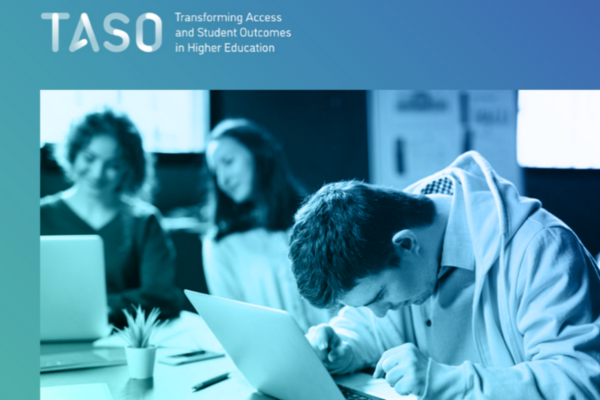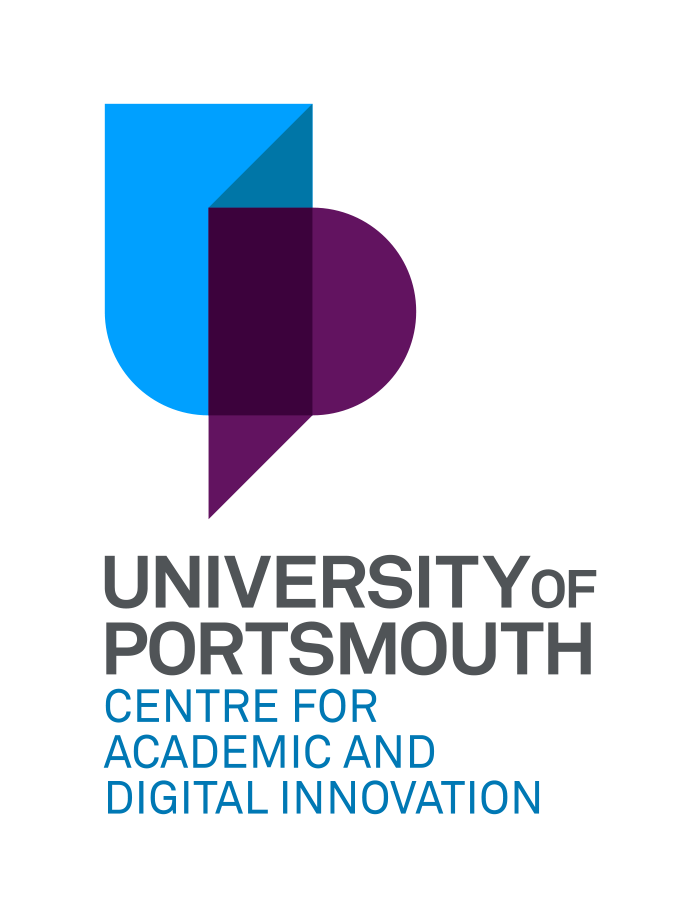At our university, we are committed to creating an inclusive learning environment where every student has the opportunity to thrive. Disabled and neurodivergent students may encounter barriers that can affect their access to teaching, learning and assessment. Academics play a vital role in helping to remove these barriers and ensuring that all students can participate fully in their education.
By adopting inclusive teaching practices, offering flexibility where possible and being mindful of diverse learning needs, academics can make a meaningful difference to students’ experiences.
This section provides practical guidance, resources and examples of good practice to help you support disabled and neurodivergent students effectively, fostering both academic success and a sense of belonging.
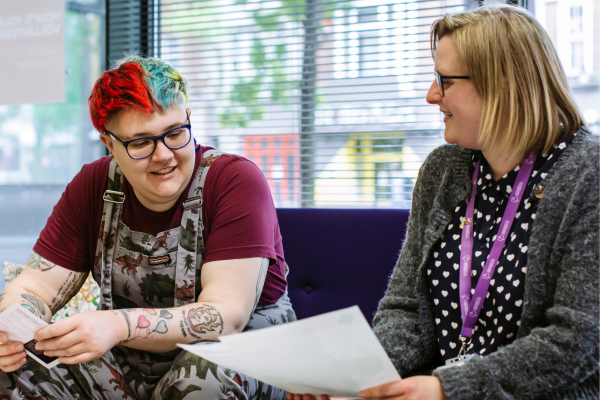
Linking back to being a minority in the classroom, disabled and neurodiverse students experience university differently from able-bodied and neurotypical students.
In 23/24, UoP had 4,435 students declare a disability. This represents 27% of the student population, when the average nationally is 19%.
International students are much less likely to declare a disability than UK-domiciled students (13% vs 29% in 23/24).
This is therefore something we must understand and prioritise at UoP.
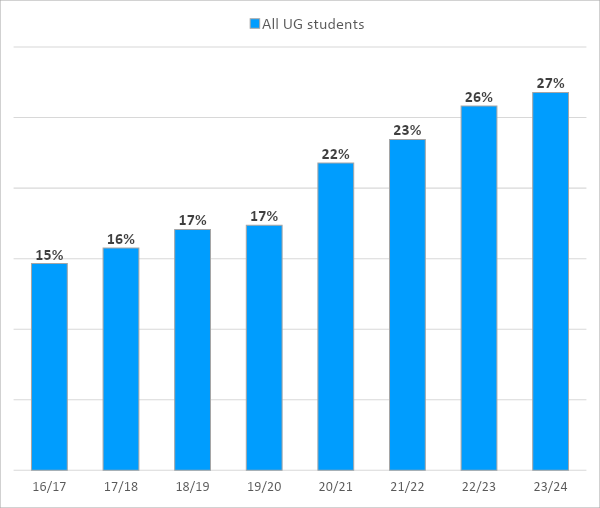
Times Higher Education: How can we make the university experience more inclusive for neurodivergent students?
Making universities more inclusive for neurodivergent students requires flexible teaching, accessible environments and proactive support that values cognitive diversity.
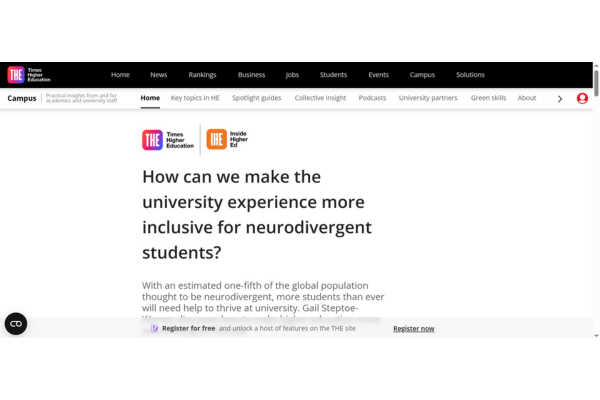
TASO: What works to reduce equality gaps for disabled students?
A TASO-commissioned review highlights limited causal evidence but promising practices to tackle disability inequalities in UK higher education, calling for more research and evaluation.
